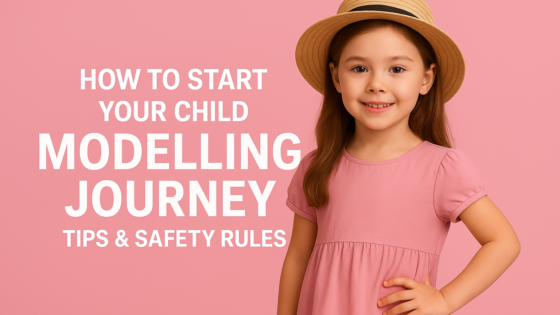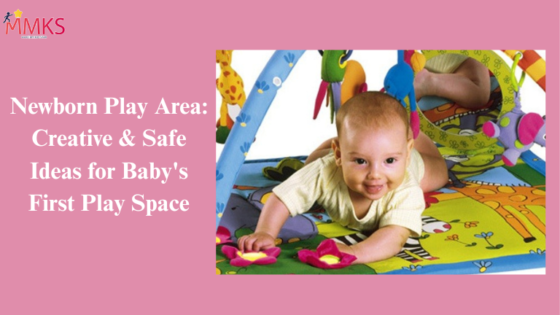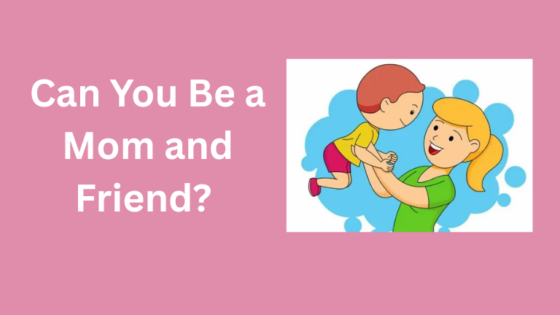Cultivating Emotional Intelligence in Kids: A Guide for Parents
Emotional intelligence in kids

It is well known that emotional intelligence for kids is necessary for success in their life, and it starts from a young age. Kids need to learn how to interact with others in positive ways, understand their own feelings and take responsibility for their decisions.
Having a high level of emotional intelligence for kids is important in numerous ways. It helps them navigate social interactions and build healthy relationships with others. By being aware of their own emotions and understanding the emotions of others, kids can communicate effectively, resolve conflicts, and develop empathy and compassion.
Secondly, it has a significant impact on academic success.
Today, we will explore why emotional intelligence in kids is so important and how parents can help cultivate it.
Aspects of emotional intelligence in kids
When it comes to emotional intelligence in kids, there are several key aspects to consider.
- The first aspect is self-awareness, which includes understanding and recognizing one’s own emotions and how they can impact behavior. It allows kids to identify and express their feelings healthily, instead of suppressing or acting out on them.
- Another aspect is empathy which involves being able to understand and share the feelings of others. When kids have empathy, they can put themselves in someone else’s shoes and respond with kindness and compassion.
Emotional intelligence also includes self-regulation. This refers to the ability to manage and control one’s own emotions and behavior. Kids with strong self-regulation skills are able to calm themselves down in moments of stress or frustration, think before acting, and make thoughtful decisions.
Lastly, social skills are a significant aspect of emotional intelligence for kids which includes the ability to effectively communicate, resolve conflicts, and work cooperatively with others.
These aspects play a vital role in a child’s development and success in life. By encouraging these skills in children, parents and caregivers can help set them up for positive social interactions, academic achievements, and personal growth.
Why is emotional intelligence important in kids?
Emotional intelligence is incredibly important in kids for several reasons.
- It helps them develop strong interpersonal skills and build meaningful relationships with others. When kids are emotionally intelligent, they are better able to understand the emotions of others, which allows them to communicate effectively, resolve conflicts peacefully, and develop empathy and compassion.
- Emotional intelligence plays a vital role in academic success. Kids with high emotional intelligence are better equipped to handle stress, stay focused, and adapt to new situations. They are more resilient when faced with setbacks and challenges, which is essential for personal growth and overcoming obstacles in school and life.
So we can say, emotional intelligence helps kids develop self-awareness and self-regulation skills. By understanding and managing their own emotions, kids can make better decisions and navigate difficult situations with confidence. They learn to regulate their emotions, which promotes self-control and impulse control.
It is crucial for the overall well-being and success of kids. It impacts their relationships, academic achievements, and personal development. By nurturing and developing emotional intelligence in children and with effective exercises for kids, parents can provide them with a strong foundation for a fulfilling and successful life.
Boosting Kids’ Emotional Intelligence: 5 Simple Exercises
Emotional intelligence is a crucial skill for children to develop as they grow. It helps them manage their feelings, understand others, and build healthier relationships. Here are five exercises that can significantly boost kids’ emotional intelligence:
- Emotion Charades: Play a game of charades focused on emotions. Have kids act out various feelings like happiness, sadness, anger, and surprise. This fun activity helps them recognize and express emotions through body language.
- Feelings Art: Provide art supplies and ask children to create drawings or paintings that represent different emotions. This creative exercise encourages them to visualize and convey their feelings in a unique way.
- Emotion Reflections: At the end of the day, sit down with your child and ask them to share one emotion they felt strongly during the day. Discuss why they felt that way and what triggered the emotion. This practice promotes self-awareness and open communication.
- Storytime Emotions: Read a book together that features characters experiencing a range of emotions. Pause and ask your child how they think the characters feel at different points in the story. This helps them develop empathy and understand diverse feelings.
- Emotion Cards: Create flashcards with different emotions written on them. Show a card to your child and ask them to describe a time they felt that emotion. This exercise expands their emotional vocabulary and helps them connect words to their own experiences.
Crux of the matter is these simple and effective exercises for kids can easily be integrated into their daily routine, enhancing emotional intelligence for kids and setting the stage for healthier emotional development as they grow.
Watch the Video Here





































